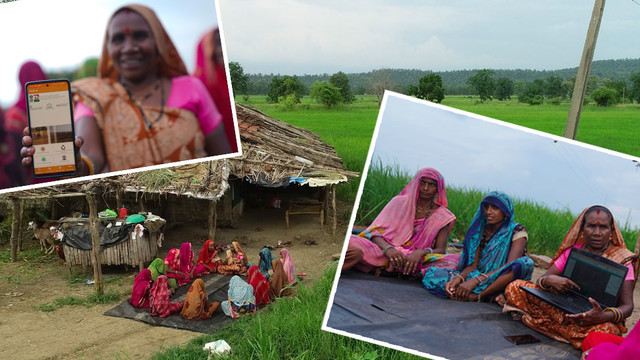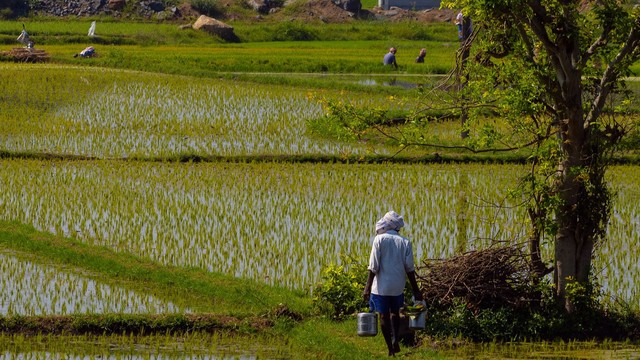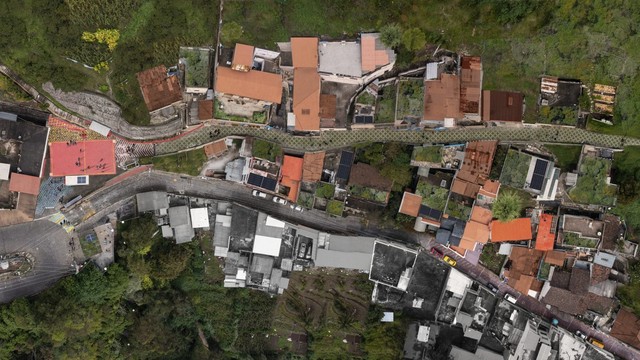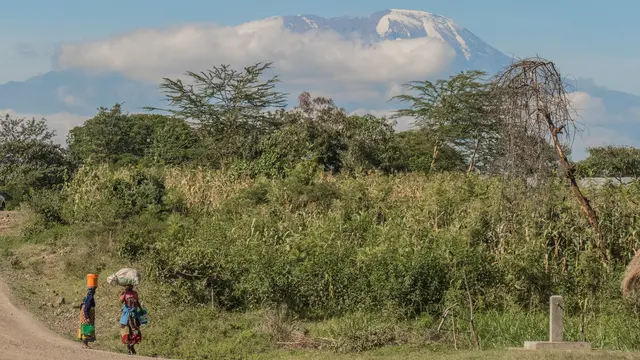Health: an issue that needs to be prioritised in climate change adaptation
In our field visit to Kundar Para village of Gaibandha District, Joy Guillemot from the World Health Organization asked local women to share impacts of floods on their health and that of their children. The group of around 25 women all started replying simultaneously, surprising me and the other observers with their strong feelings!
They spoke movingly about the loss of children’s lives, the outbreak of disease, and how the burden and pressure due to floods and river bank erosion increases their stress levels and tempers, leading to them beating their kids.
As men are mostly mobile and away from their homes, it is the women who have to look after elderly members of their family, children, livestock and their property and thus are most effected by such events. Health is a serious issue when we deal with the issue of climate change.
Certainly, healthy people in a healthy ecosystem are more adaptive and ultimately more resilient than those who are unhealthy.

The issues of scaling up community-based adaptation in health were discussed in the 20th parallel session of the 5th International Conference on Community-Based Adaptation to Climate Change in Dhaka. The session was attended by around 45 participants including the session chair and presenters, and was a good learning opportunity for me. The cases and experiences from Bhutan, Vietnam, Jordan and Bangladesh reflected the importance of integrating health sector adaptation with an emphasis on national and international plans and policies.
Strategies for adaptation such as risk identification, integrated surveillance, alerting networks, emergency preparedness and disease preparedness were identified as important in the health sector. Strong and efficient communication among people and their networks, mobilisation of community-based organisations and nongovernmental organisations for early detection and response, strengthening of existing operational mechanisms and services, and building adequate human resources were some important strategies for scaling up community-based adaptation in the health sector.
The most interesting take home message came from the initiatives of the Government of Bangladesh in the health sector, with particular focus on adaptation to climate change. Every government in the least developed nations and developing nations could learn from these, and civil society organisations need to lobby with their respective government. In Bangladesh, the government has been prioritising capacity-building of human resources and communities, risk-reducing practices, and developing appropriate innovation and technology in the health sector. The implementation of community clinics to address climate vulnerability and community radio initiatives as early warning systems demonstrate their attention at the local level. At the national level, the focus on health sector vulnerability and adaptation in the Bangladesh Climate Change Strategy and Action Plan and the National Adaptation Programme of Action is a major breakthrough. I also consider the Climate Change and Health Promotion Unit under the Bangladesh Climate Change Trust to be an important and rational response of the government to protect its vulnerable people.
I was fortunate to be involved in this discussion between health conscious people and gained ideas for integrating the issues of health sector adaptation into the community-level work and national policy lobby processes in my country. It was a good start that health issues got priority at this conference. Nevertheless, in the future, it would provide insights for all if health was promoted from a parallel discussion to the plenary sessions.
This guest post was written by
Keshab Thapa,
Programme Officer at
Local Initiatives for Biodiversity, Research and Development (LI-BIRD).
Please contact kthapa@libird.org.



